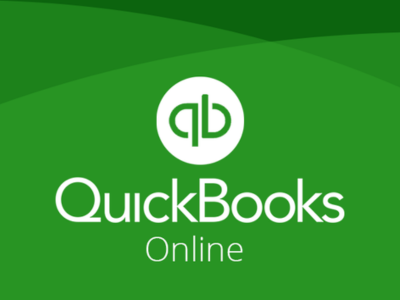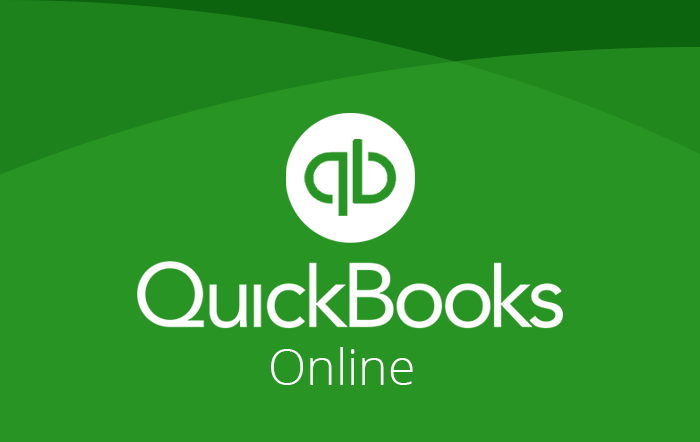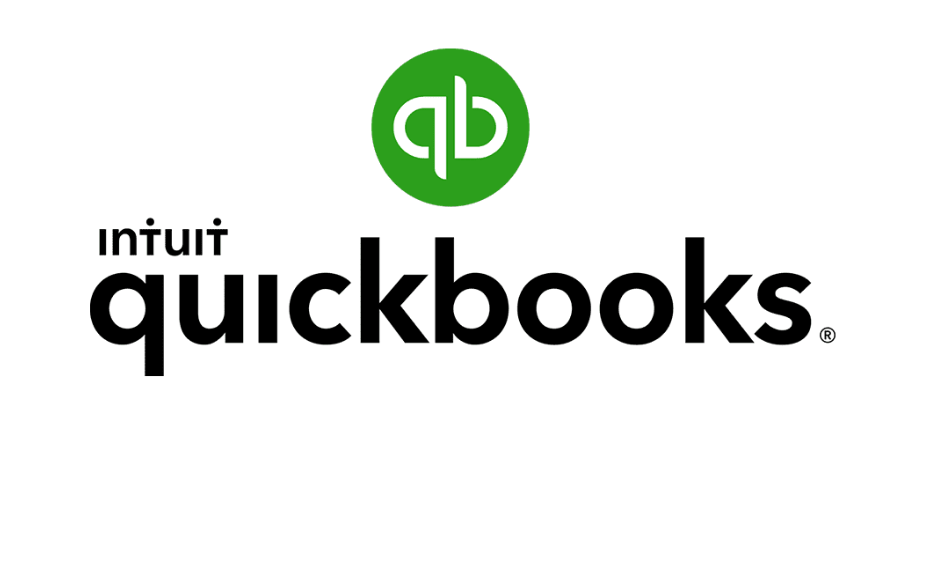As tax season approaches in January 2024, businesses are gearing up for the annual task of organizing financial records, ensuring compliance with tax regulations, and preparing for filing. This process can be daunting and time-consuming. However, with the right tools and services, tax preparation can be streamlined and stress-free.
QuickBooks, a popular accounting software, offers a range of services that can simplify your business tax preparation. *** The following are ways of leveraging QuickBooks that can make tax season a breeze for your business.
- Seamless recordkeeping. One of the primary challenges during tax season is gathering and organizing financial records. QuickBooks acts as a centralized platform for all your financial transactions, providing a seamless recordkeeping system. With features for expense tracking, income categorization, and automatic transaction updates, QuickBooks ensures that your financial data is organized and easily accessible when needed for tax preparation.
- Automated data entry. Manually entering data is not only time-consuming but also prone to errors. QuickBooks automates the data entry process, minimizing the risk of mistakes and ensuring accuracy in your financial records. This not only saves time but also provides a reliable foundation for your tax filings.
- Real-time financial reporting. QuickBooks offers real-time financial reporting, allowing you to generate up-to-the-minute financial statements. This feature is particularly beneficial during tax season when accurate and current financial information is crucial. With QuickBooks, you can quickly generate profit and loss statements, balance sheets, and other reports needed for tax filings.
- Simplified expense tracking. Tracking business expenses is a critical aspect of tax preparation. QuickBooks simplifies expense tracking by allowing you to categorize and tag expenses as they occur. Whether it’s a business meal, office supplies, or travel expenses, QuickBooks makes it easy to track and report deductible expenses come tax season.
- Integration with financial institutions. QuickBooks can be seamlessly integrated with your business bank accounts and credit cards. This integration ensures that all financial transactions are automatically imported into the software, eliminating the need for manual data entry. This not only saves time but also reduces the likelihood of overlooking important transactions.
- Tax categories and deductions. QuickBooks comes equipped with predefined tax categories, making it easier to assign expenses to the correct deduction categories. This ensures that you take advantage of all eligible tax deductions, maximizing your potential tax savings. The software also allows you to customize categories to align with the specific needs of your business.
- Payroll management. QuickBooks simplifies payroll processing by automating calculations for taxes, deductions, and contributions. This reduces the risk of payroll errors and ensures that your business remains compliant with tax regulations.
- Easy invoicing and revenue tracking. QuickBooks facilitates easy invoicing and revenue tracking, allowing you to monitor income streams and reconcile revenue with your financial records. This functionality streamlines the process of determining your taxable income.
- Collaboration and accessibility. QuickBooks is designed for collaboration, allowing multiple users, including your accountant or tax professional, to access the system simultaneously. This collaborative approach ensures that everyone involved in the tax preparation process has access to the latest financial data, making the overall process more efficient and accurate.
- Preparation for quarterly estimates. For businesses that pay quarterly estimated taxes, QuickBooks simplifies the process of calculating and preparing these payments. The software can provide estimates based on your financial data, making it easier to plan and budget for quarterly tax obligations.
- Integration with tax software. QuickBooks can seamlessly integrate with popular tax preparation software, further streamlining the tax filing process. This integration allows for the direct transfer of financial data from QuickBooks to your tax software, reducing the need for manual data entry and minimizing the risk of errors.
- Regular updates for compliance. Tax laws and regulations are subject to change, and staying compliant requires businesses to stay informed. QuickBooks provides regular updates to ensure that the software complies with the latest tax regulations. This reduces the risk of non-compliance and potential penalties during tax season.
Tax season doesn’t have to be a source of stress for your business. By leveraging the capabilities of QuickBooks, you can simplify and streamline your tax preparation process. QuickBooks is one software that can help your business with keeping your books organized. Organized and accessible financial records help make tax season a seamless and efficient experience for your business.
AK Burton, PC specializes in preparing small business tax returns. Whether it’s tax planning, preparing tax returns, issuing financial statements, drafting a lender letter or whatever else your business needs, we can help you along the way. Call us at (301) 365-1974 for a consultation.
We serve Bethesda, Rockville, and Montgomery County. MD area.
*** For more information visit the QuickBooks website.




